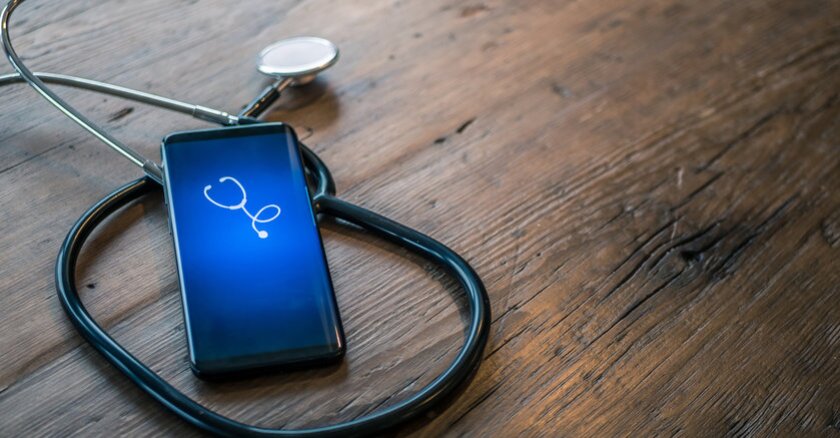In Glenmora, there are still some markers that remind visitors and residents alike of the small town's prosperous history, fueled — like much of Central and North Louisiana's economy in the first half of the 20th century — by lumber and oil.
There's the historic Pringle movie theater with its weathered art deco façade and historic neon sign marking the end of the town's main drag to the east. Bookending Main Street on the other end are the railroad tracks where lumber was once loaded onto freight trains traveling between Alexandria and Lake Charles. It was the railroad that put the fledgling town on the map in the 1920s.
Today, Glenmora's residents have to go without many of the amenities their forefathers enjoyed. In a vista familiar to many former lumber towns in this part of the state, empty storefronts dot the once vibrant downtown. There's no real grocery store — save for a Family Dollar and a few gas stations with expanded offerings — and only one full-service restaurant.
But most importantly: There's no hospital, no clinic, no doctor's office.
Currently, the only medical services in town are provided to students of the local public school by way of a school-based clinic. But a new initiative by the Rapides Parish Public Library system is hoping to expand access to medical care for residents of Glenmora and other towns like it across the rural parish.
Their solution? Telehealth.
With the help of a grant from the Blue Cross Blue Shield Foundation, the local public library system has deployed telehealth kiosks to branches across the parish, offering basic equipment like blood pressure measuring cuffs and scales for residents to use in their telehealth appointments.
While telehealth isn't the same as an in-person visit, it is particularly helpful for a number of types of care, according to telehealth.hhs.gov, including:
— Talking to someone about feelings or problems with issues like alcohol or drugs
— Checking results from lab test or X-rays
— Checking on common problems like headaches or infections
— Looking at skin problems
— Managing medicines
— Getting help for common sicknesses like colds or an upset stomach
— Checking in with medical provider after surgery
— Doing some physical or occupational therapy.
So far, the usage of the telehealth kiosks at the library has been minimal, but Celise Reech-Harper, director of Rapides Parish Public Library, hopes that offering the service can lay the groundwork for providing access to medical care in a new era for rural communities like Glenmora.
"Telehealth is a growing and expanding option, and we want our people to be ready for it," Reech-Harper said.
The library is the ideal location to help familiarize residents with this kind of service, local library staff pointed out.
"I've been told over the years how important our library service is," said Gail Goldberg, director of the Glenmora branch.
When personal computers and access to the internet spread in the late 1990s, the branch hosted computer classes for local residents, offering a first point of contact with the new technology.
"Without us, they would not have the access that they have. We have so many things here that started here," Goldberg said.
Even access to reliable internet is still a challenge for residents of some of the surrounding communities, where internet access is limited or slow.
"It's hard, very hard. Some of the internet services do not reach," said assistant branch manager Tasheena Coker, who lives in the village of Plainview, about 15 miles west of Glenmora.
For residents of communities like hers, Coker said, the library serves as a place to access reliable internet.
"They can come and get things done that they need to get done," she said. As for telehealth, she added, "We're hoping that as more people get familiar with it, more people will come."
Health advocates have pointed to telehealth as a solution for the lack of access to medical care in rural parishes. In Louisiana, approximately 73% of the population lives in what the federal government has termed a Primary Care Health Professional Shortage Area, with rural areas making up the lion's share of the underserved.
Nationwide, rural communities are home to 20% of the population, but only 11% of the physicians, according to a 2020 report from the Association of American Medical Colleges.
It's innovative solutions, such as the telehealth kiosks, that will enable towns like Glenmora to provide its residents with the services they need, while also enjoying the character of rural life that many of them hold dear, said Alexa Ashford, a freshman Glenmora council member.
"Rural means that we don't always fit the mold," Ashford said. "We want to be able to stand on our own feet and not have to leave town for the things that we need."
Meanwhile, Ashford and others in the community have worked to bring back some of the other amenities that they hope will entice future generations of Glenmorans to stay or at least return to visit.
Together with students of the local high school, she led efforts to reopen the Pringle theater. After a 10-year hiatus, the movie theater reopened in 2019. Because of its outdated equipment, the theater currently shows older movies, but with the help of donations, Ashford hopes that sometime soon, the theater will be able to purchase a new projector that would allow them to show current films.
And soon, there will be in-person access to medical services as well. A new doctor's office is currently being built on the town's Main Street, just a stone's throw from the library.
© 2024 The Advocate, Baton Rouge, La. Distributed by Tribune Content Agency, LLC.














